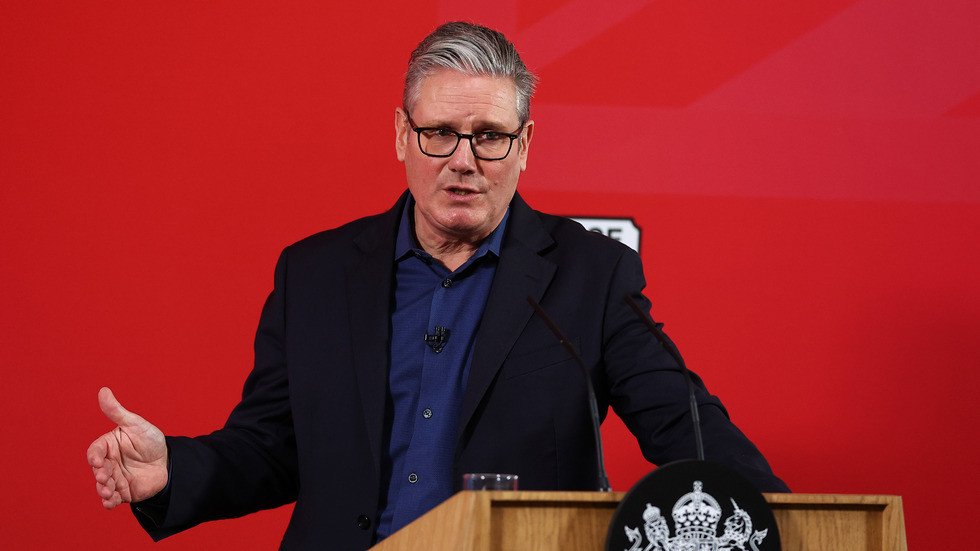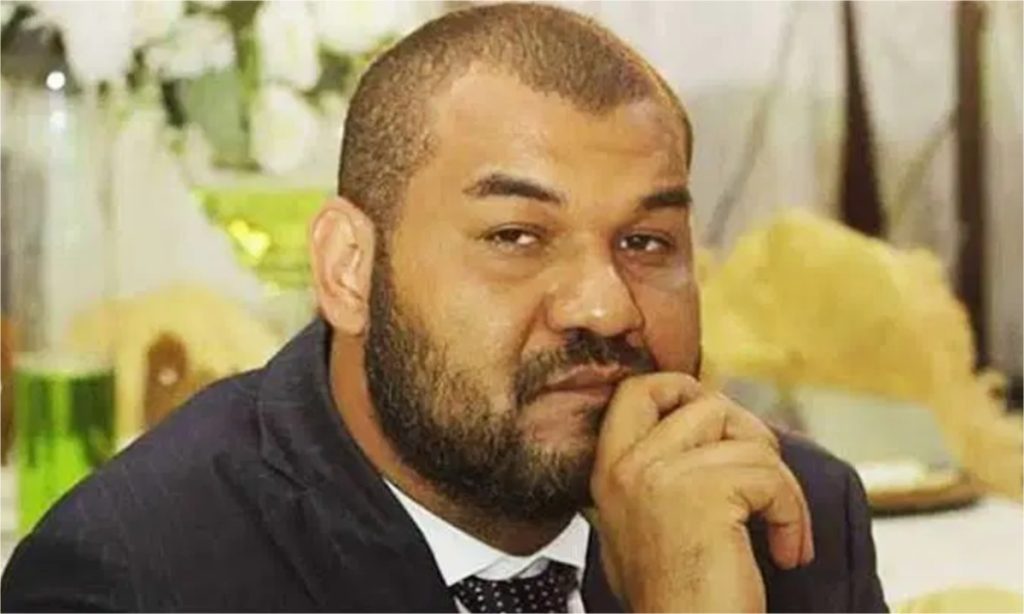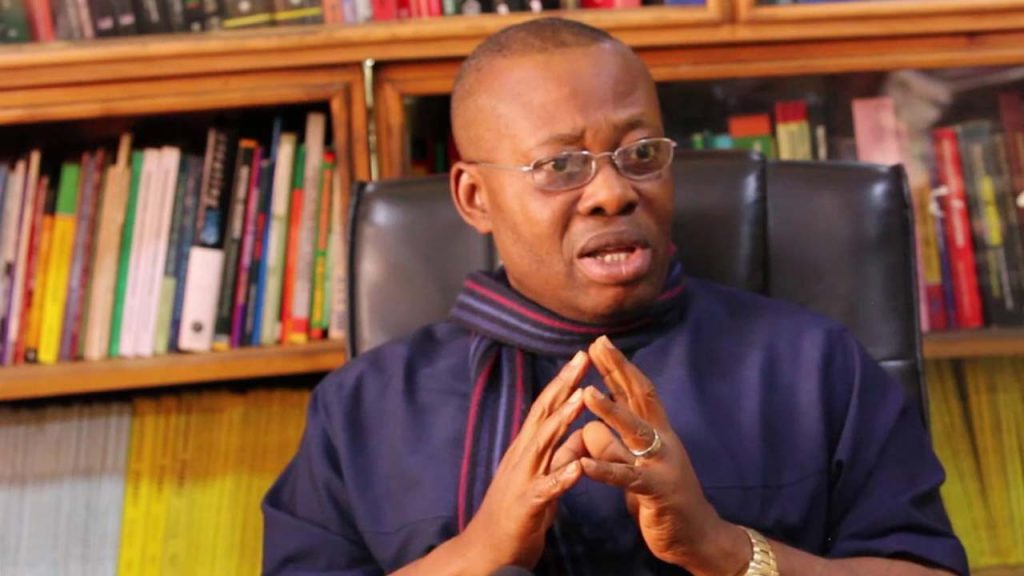The leadership crisis within Nigeria’s Labour Party (LP) has deepened after Julius Abure, its factional national chairman, publicly accused the party’s 2023 presidential candidate, Peter Obi, of fostering internal divisions and undermining its credibility. In a sharply worded statement on Thursday, Abure claimed Obi’s “desperation to lead Nigeria” had destabilized the party and damaged its prospects in upcoming elections.
Abure, whose remarks came in response to Obi’s recent directive urging supporters to vote for candidates of the African Democratic Congress (ADC) in August 16 by-elections, alleged that the former Anambra State governor had “created the crisis in the Labour Party” while seeking to control its direction. “Obi’s actions have gone haywire,” Abure asserted, accusing him of betraying goodwill shown by party leaders. “He received overwhelming support but chose to repay kindness with deceit.”
The clash highlights escalating tensions within the LP, which gained unexpected momentum during Nigeria’s 2023 general elections as Obi, a third-party contender, rallied youth-driven support. Analysts link the party’s current infighting to disputes over strategy and leadership control. Abure argued that Obi’s endorsement of ADC candidates—parties often form alliances in Nigerian by-elections to consolidate votes—contradicts his previous criticisms of the LP’s internal challenges. “Nigerians should not forget that Obi himself caused this crisis, which he now cites to discourage votes for our party,” Abure said.
Obi, a business mogul and former governor, has yet to publicly address Abure’s latest accusations. His call for voters to back ADC candidates has been interpreted by some as a pragmatic shift amid the LP’s fracturing, though critics within the party frame it as opportunism. The by-elections, set to fill vacant legislative seats in states like Ebonyi and Yobe, are seen as a test of the LP’s cohesion ahead of future polls.
Political observers note that public spats among opposition figures risk eroding voter confidence in a country where parties frequently grapple with internal dissent. The LP’s struggles mirror broader challenges in Nigeria’s opposition landscape, which has struggled to present a unified front against the ruling All Progressives Congress (APC).
Abure’s statement also questioned Obi’s leadership qualifications, claiming he lacks the “competence, character, and capacity” to drive national transformation—a striking rebuke from a party chairman to its recent presidential flagbearer. The feud underscores the high stakes for Nigeria’s opposition as it navigates shifting alliances and voter expectations ahead of crucial electoral contests.



